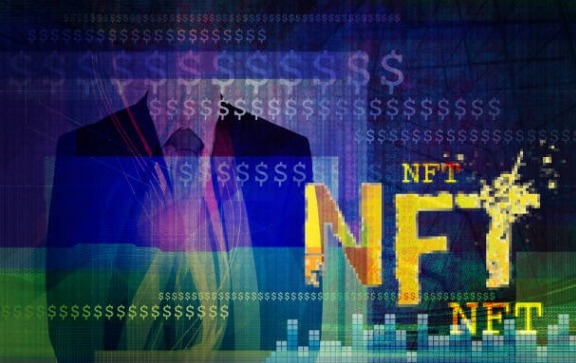
Introduction to DeFi
DeFi has emerged as a disruptive force in the financial industry, offering innovative solutions that challenge the status quo of traditional banking.
What is Decentralized Finance?
Decentralized Finance refers to a financial system built on blockchain technology, enabling peer-to-peer transactions without the need for intermediaries like banks.
Core Principles of DeFi
DeFi is founded on principles of decentralization, transparency, interoperability, and censorship resistance, empowering users with greater control over their financial assets.
How DeFi Works
DeFi protocols leverage smart contracts to automate financial transactions, including lending, borrowing, trading, and asset management, while eliminating the need for traditional financial intermediaries.
Advantages of DeFi Over Traditional Banking
DeFi offers numerous advantages, including lower fees, faster transaction speeds, global accessibility, enhanced privacy, and greater financial inclusion for underserved populations.
Challenges and Risks
Despite its potential, DeFi faces challenges such as scalability issues, security vulnerabilities, regulatory uncertainty, and risks associated with smart contract bugs and market volatility.
Popular DeFi Applications
DeFi encompasses a wide range of applications, including decentralized exchanges (DEXs), lending platforms, liquidity pools, yield farming, synthetic assets, and decentralized autonomous organizations (DAOs).
Investing in DeFi
Investors are increasingly drawn to DeFi as an alternative investment opportunity, seeking high yields and exposure to innovative projects driving the future of finance.
Regulatory Considerations
Regulatory frameworks surrounding DeFi are still evolving, with regulators grappling to address legal and compliance issues while fostering innovation and protecting consumers.
Future of DeFi
The future of DeFi holds immense promise, with ongoing technological advancements, growing adoption, and mainstream recognition poised to transform the financial landscape.
Conclusion
Decentralized Finance represents a paradigm shift in the way we perceive and interact with financial services. As DeFi continues to evolve and mature, it has the potential to democratize access to financial markets, reshape traditional banking, and empower individuals worldwide.
FAQs
- Is DeFi safe to use?
- While DeFi offers numerous benefits, users should exercise caution and conduct thorough research due to potential security risks and smart contract vulnerabilities.
- How can I get started with DeFi?
- To participate in DeFi, users can explore decentralized exchanges, lending platforms, and yield farming opportunities, but should be mindful of associated risks.
- What are some popular DeFi projects?
- Popular DeFi projects include Uniswap, Aave, Compound, MakerDAO, and Yearn Finance, among others.
- Are there any risks associated with investing in DeFi?
- Yes, investing in DeFi carries risks such as smart contract bugs, impermanent loss, market volatility, and regulatory uncertainty.
- Can DeFi replace traditional banking?
- While DeFi offers alternatives to traditional banking services, its widespread adoption and mainstream integration are still in progress.






